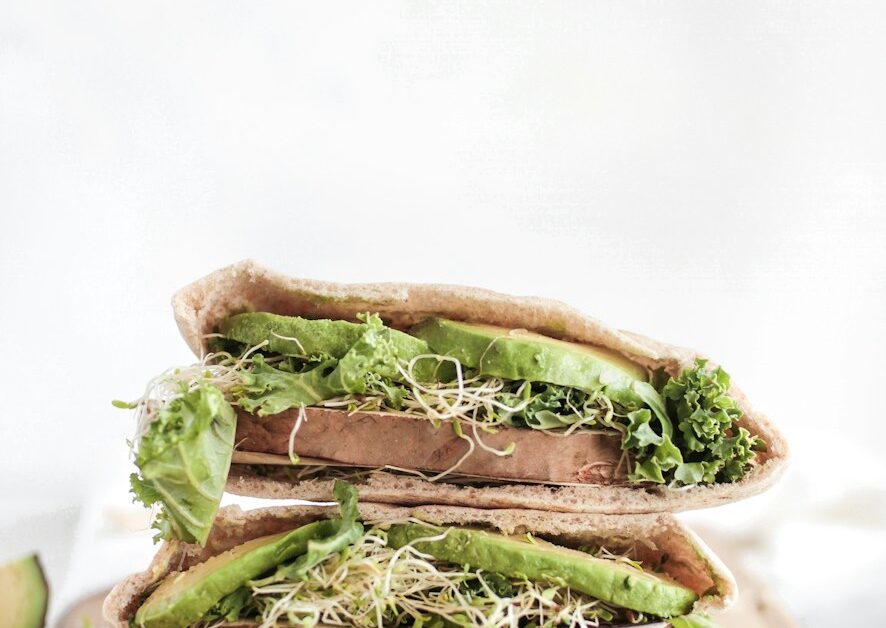Many people believe that counting calories is the key to successful weight loss. However, for those following a vegan diet, counting calories can be a tedious and time-consuming task. The good news is that it is possible to achieve weight loss on a vegan diet without the need to count calories. By focusing on nutrient-dense foods, portion control, and mindful eating, vegans can shed excess pounds and improve their overall health. In this article, we will explore the principles of vegan weight loss without counting calories and provide valuable insights for those looking to achieve their weight loss goals.
The Importance of Nutrient-Dense Foods
When it comes to weight loss, the quality of the food we consume is just as important as the quantity. Nutrient-dense foods are those that provide a high amount of essential nutrients, such as vitamins, minerals, and antioxidants, while being relatively low in calories. By incorporating more nutrient-dense foods into your vegan diet, you can feel satisfied and nourished while still losing weight. Some examples of nutrient-dense vegan foods include:
- Leafy greens: Spinach, kale, and Swiss chard are packed with vitamins and minerals while being low in calories.
- Cruciferous vegetables: Broccoli, cauliflower, and Brussels sprouts are not only rich in nutrients but also high in fiber, which aids in weight loss.
- Legumes: Beans, lentils, and chickpeas are excellent sources of plant-based protein and fiber, helping to keep you full and satisfied.
- Whole grains: Quinoa, brown rice, and oats provide complex carbohydrates and fiber, promoting satiety and stable blood sugar levels.
- Fruits: Berries, apples, and citrus fruits are not only delicious but also packed with vitamins, minerals, and antioxidants.
- Nuts and seeds: Almonds, walnuts, chia seeds, and flaxseeds are rich in healthy fats and protein, which can help control hunger.
Portion Control and Mindful Eating
While counting calories may not be necessary, portion control is still important for weight loss. By being mindful of your portion sizes, you can ensure that you are not overeating, even with nutrient-dense foods. Here are some tips for practicing portion control:
- Use smaller plates and bowls to visually trick your brain into thinking you are eating more.
- Pay attention to your hunger and fullness cues. Eat slowly and stop eating when you feel satisfied, not overly full.
- Aim to fill half of your plate with vegetables, one-quarter with whole grains or starchy vegetables, and one-quarter with plant-based protein sources.
- Be mindful of high-calorie vegan foods such as nuts, seeds, avocados, and oils. While these foods are nutritious, they are also calorie-dense, so it’s important to consume them in moderation.
Physical Activity and Weight Loss
While diet plays a significant role in weight loss, incorporating regular physical activity into your routine can further enhance your results. Engaging in both cardiovascular exercises and strength training can help increase your metabolism, burn calories, and build lean muscle mass. Some examples of physical activities that can aid in weight loss include:
- Brisk walking or jogging
- Cycling
- Swimming
- Dancing
- Yoga or Pilates
- Weightlifting or bodyweight exercises
By finding activities that you enjoy, you are more likely to stick to your exercise routine and achieve your weight loss goals.
Conclusion
Counting calories is not the only way to achieve weight loss on a vegan diet. By focusing on nutrient-dense foods, practicing portion control, and incorporating regular physical activity, you can successfully shed excess pounds without the need to count every calorie. Remember, weight loss should be approached in a sustainable and balanced manner, prioritizing overall health and well-being. So, embrace the power of plant-based nutrition and make positive changes to your lifestyle for long-term success.
